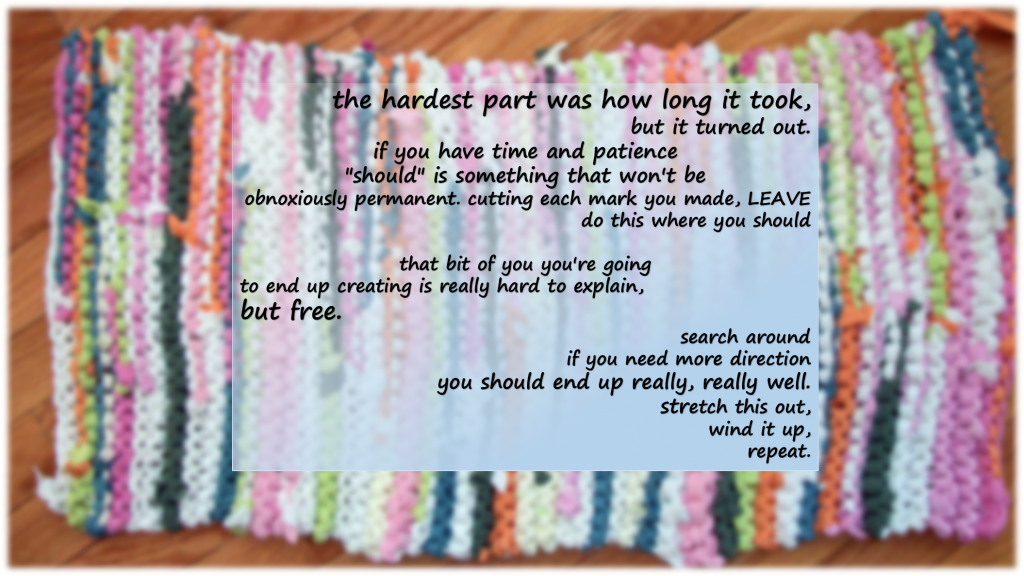Ridiculous how comforting I always find this.
“There is always, of course, that terrible three weeks, or a month, which you have to get through when you are trying to get started on a book. There is no agony like it. You sit in a room, biting pencils, looking at a typewriter, walking about, or casting yourself down on a sofa, feeling like you want to cry your head off. Then you go out and interrupt someone who is busy – Max usually, because he is so good-natured – and you say:
“‘It’s awful, Max, do you know, I have quite forgotten how to write – I simply can’t do it any more! I shall never write another book.’”
“‘Oh yes you will,’” Max would say consolingly. He used to say it with some anxiety at first: now his eyes stray back again to his work while he talks soothingly.
“‘But I know I won’t. I can’t think of an idea. I had an idea, but now it seems no good.’”
“‘You’ll just have to get through this phase. You’ve had all this before. You said it last year. You said it the year before.’”
“‘It’s different this time,’” I say, with positive assurance.
“But it wasn’t different, of course, it was just the same. You forget every time what you felt before when it comes again: such misery and despair, such inability to do anything that seems the least creative. And yet it seems that this particular phase of misery has got to be lived through. It is rather like putting the ferrets in to bring out what you want at the end of the rabbit burrow. Until there has been a lot of subterranean disturbance, until you have spent long hours of utter boredom, you can never feel normal. You can’t think of what you want to write, and if you pick up a book you find you are not reading it properly. If you try to do a crossword your mind isn’t on the clues; you are possessed by a feeling of paralyzed hopelessness.
“Then, for some unknown reason, an inner ‘starter’ gets you off at the post. You begin to function, you know then that ‘it’ is coming, the mist is clearing up. You know suddenly, with absolute certitude, just what A wants to say to B. You can walk out of the house, down the road, talking to yourself violently, repeating the conversation that Maud, say, is going to have with Aylwin, and exactly where they will be, just where the other man will be watching through the trees, and how the little dead pheasant on the ground makes Maud think of something she had forgotten, and so on and so on. And you come home bursting with pleasure; you haven’t done anything at all yet, but you are – triumphantly – there.”
(- An Autobiography: Agatha Christie, pages 571-572)

